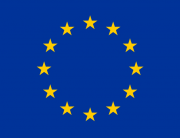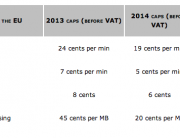On Tuesday, January 14th, 2014 The US Appeals Court ruled in favour of The ISP giant, Verizon, and against The FCC’s right to protect net neutrality. According to The Court’s decision Verizon will be allowed to give privilege to content providers and potentially slow or block competitor’s traffic.
Regulators will no longer be allowed to enforce net neutrality, though many are hoping the FCC will appeal.
Verizon argued successfully that regulation limited the company’s ability to provide high-speed internet access for premium content and that it was a barrier to completing effective corporate deals with content providers. It was argued that deregulation could motivate further growth and increase the ISP’s ability to provide higher speeds for desirable content such as video.
The opposition made the case that ISP’s should be obligated to provide equal access to bandwidth for all legal content. The FCC argued that net neutrality is a key element to the foundations of the internet, and that it is this framework that encourages innovation.
Verizon insisted it would make decisions based on consumer choice and not limit open access to the internet. However, the ruling sparked fear amongst free speech activists and groups.
Pro-net neutrality organizations are concerned with the potential ramifications of any disruption to net neutrality both on a nationally and globally. They argue that the result of this ruling could make it more difficult for individuals and start-ups to get access to the type of internet that is desirable, and that it could potentially stall the growth of social media. There is also fear that higher costs will eventually effect consumers.
For more information see: U.S. Court Throws Out Net Neutrality Rules – Explained.













